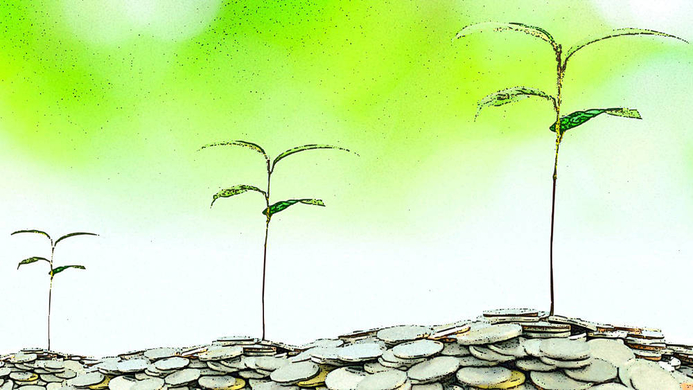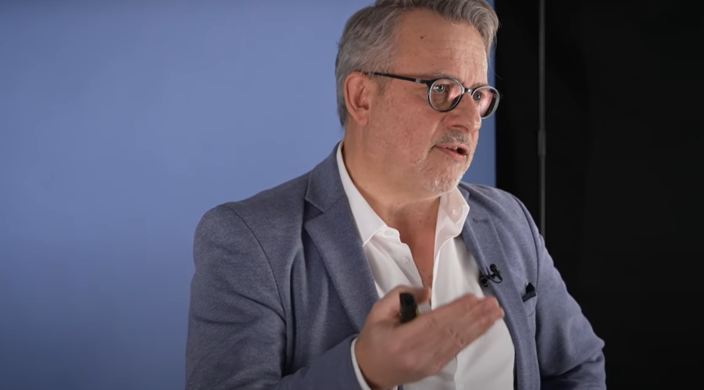The past thirty years have seen a rapid expansion in the scale and scope of the financial sector across the world. Investors such as pension funds, sovereign wealth funds, insurance firms have expanded to unprecedented scales and have become active not only as investors but also as political actors across the globe. Similarly traditional financial sector firms such as asset managers have outgrown products and services sectors with a wide margin. This increase in scale has been accompanied by a rapid rise in the power and legal rights of investors in corporations through expedited representation of investors in corporate boards and in the setting of the agenda of companies’ annual general meetings. Furthermore, through processes of securitization, most aspects of human societies ranging from natural disasters to household debt, national heritage sites, land and essential goods such as basic food commodities are now tradable as financial products and are as a result affected by financial markets.
This explosion of scale and scope of investments has led to a host of pressures on asset owners and asset management firms demanding from them to respond to global crises such as climate change, water scarcity, corruption, and access to basic human rights. A rapidly expanding number of investors have heeded these calls and have joined a global movement frequently referred to “socially responsible investments” aimed at increasing attention to environmental and social concerns in investments. Some have done so by associating their financial capital with broader social & environmental responsibility. Some others have highlighted the linkage between environmental and social crises and their long term financial returns as primary motives for attending to environmental and social concerns.
One year after the COP21, the risk of devaluation of assets for projects contributing to climate change has for example increased significantly. Despite this progress, in the debates and activities in this area, the voice of millions of concerned individuals including pension & insurance beneficiaries, but also financial customers, still needs to be heard. More and more of them want to orient their investments more directly toward certain goals –not just above average returns-- and have trustworthy reports of how their assets managers use their savings and deposits. And more broadly, more and more global citizens, and particularly those who don’t have the possibility to invest, need to benefit from finance. Actually we all need a finance that serves the well being of all humans, fosters growth without undermining the mid- and long- term perspectives of our societies.
Moreover, while institutional investors have seen such fast expanding power and influence, a large part of the human societies still lack access to basic financial services such as transfer of money and debt. Such financial services, when provided in a responsible and fair way and avoiding over indebtedness, have proven to be essential to enabling economic development through access to markets and investments. Entrepreneurs from developing countries have triggered the rise of several financial organizations, which aim to deliver financial services to those who needs them direly. Micro-credit companies were among the firsts to bring access to debt to the poorest communities. Crowd funding platforms are growing to become another crucial source of financing for development in several emerging economies. Peer to peer, decentralized financial services firms relate community members and facilitate basic money transfers among them. Finally, impact investing is another fast expanding source of investments with focus on matters of public good while promising competitive financial returns.
The above phenomena highlight the special times we live in with regards to finance- society interactions creating significant potential for mobilizing financial capital for public and private good. Such potential is being partly realized through increased accountability of large investors to public concerns and part through entrepreneurial activities at the margins of traditional financial markets aimed it empowering excluded communities. On both fronts, we are only at the early stages of development.
At HEC Paris, through the Society & Organizations Center and other actions, we have been studying the above processes scrutinizing their potential for bringing about accountability to financial centers and/or financial empowerment of excluded populations. The Finance4Good event is another illustration of how together, academics, students, practitioners and alumni, we contribute to account for these transformations and even more we can be actors of change for a better society.










